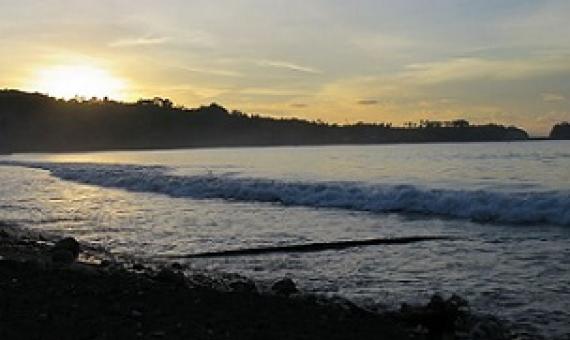Bycatch and Integrated Ecosystem Management (BIEM) Initiative Closing
This video highlights some of the processes, partnerships, and successes of the BIEM Initiative. The BIEM Initiative was KRA 5 of the Pacific European Union Marine Partnership (PEUMP) programme funded by the European Union and the Government of SwedenCall Number: [EL]Physical Description: 14:08








